Artificial Intelligence (AI) has made significant strides over the past decade, transforming various sectors, including the entertainment industry. From film and television to music and video games, AI technologies are reshaping how content is created, distributed, and consumed. This article explores the multifaceted impact of AI on the entertainment industry, examining both the opportunities and challenges it presents.
AI in Film and Television
Scriptwriting and Storytelling
AI’s involvement in scriptwriting has been a subject of much discussion. Algorithms can analyze vast amounts of data from existing scripts, books, and articles to generate new story ideas or even full scripts. For example, AI tools like OpenAI’s GPT-3 can help writers brainstorm plot points, character dialogues, and story arcs. While AI can provide inspiration and assist with the creative process, the human touch remains crucial for developing deep, emotional narratives.
Pre-Production and Casting
AI is also making its mark in pre-production phases, particularly in casting. Machine learning algorithms can analyze actor performances, audience reactions, and box office data to predict which actors might be most successful in particular roles. This data-driven approach can help producers make more informed casting decisions, potentially increasing the chances of a film’s success.
Post-Production and Visual Effects
In post-production, AI technologies are enhancing visual effects (VFX) and editing processes. AI-driven tools can automate tasks such as color correction, scene transitions, and special effects creation, reducing the time and cost associated with these processes. For instance, AI algorithms can help de-age actors, create realistic CGI characters, and even reconstruct damaged film footage.
AI in Music
Composition and Songwriting
AI is making waves in music composition and songwriting. Tools like Amper Music and AIVA use AI algorithms to create original compositions based on user inputs and predefined parameters. These AI-generated pieces can range from simple background tracks to complex symphonies. While AI can generate music quickly and efficiently, the emotional depth and originality of human-composed music remain irreplaceable.
Music Recommendation and Personalization
Streaming platforms like Spotify and Apple Music utilize AI algorithms to analyze user listening habits and preferences. These algorithms power personalized playlists and recommendations, enhancing the user experience by suggesting music tailored to individual tastes. AI-driven recommendation systems help listeners discover new artists and genres, shaping the way music is consumed and appreciated.
Music Production and Engineering
In music production, AI is revolutionizing how music is mixed and mastered. AI tools can analyze tracks and make real-time adjustments to improve sound quality, balance, and overall production. For example, AI-powered software can automate tasks such as EQ adjustments, compression, and reverb, streamlining the production process and allowing artists to focus on their creative vision.
AI in Video Games
Game Design and Development
AI is transforming game design and development by enabling more complex and dynamic gameplay experiences. AI algorithms can generate vast game worlds, create intelligent non-player characters (NPCs), and adapt gameplay based on player behavior. This results in more immersive and responsive gaming environments, enhancing the overall player experience.
Procedural Generation
Procedural generation is a technique that uses AI algorithms to create game content dynamically. This approach can generate diverse and unique game worlds, levels, and assets without requiring manual design for each element. Games like “Minecraft” and “No Man’s Sky” utilize procedural generation to offer expansive and varied gaming experiences, increasing replayability and player engagement.
AI-Powered Player Interactions
AI-driven systems are also enhancing player interactions within games. Advanced NPCs powered by AI can simulate realistic behaviors, respond to player actions in nuanced ways, and provide more engaging and challenging experiences. Additionally, AI can be used to analyze player data and adjust game difficulty levels in real-time, ensuring a balanced and enjoyable experience for players of all skill levels.
AI and Content Distribution
Targeted Advertising
AI plays a crucial role in targeted advertising within the entertainment industry. By analyzing user data and behavior, AI algorithms can create highly personalized and relevant advertisements. This approach increases the effectiveness of marketing campaigns and helps entertainment companies reach their target audiences more efficiently.
Content Recommendation Engines
Content recommendation engines powered by AI are now commonplace across streaming platforms and social media. These systems analyze user preferences, viewing habits, and engagement metrics to suggest content that aligns with individual tastes. This personalized approach enhances user satisfaction and helps content creators and distributors reach their audiences more effectively.
Copyright and Content Protection
AI is also being used to combat piracy and protect intellectual property. AI algorithms can detect unauthorized distribution of copyrighted content and identify potential infringement. By monitoring online platforms and using machine learning to recognize copyrighted material, AI helps safeguard the rights of content creators and owners.
Ethical and Creative Challenges
Creativity and Originality
While AI offers numerous benefits, it also raises questions about creativity and originality. AI-generated content may lack the unique perspectives and emotional depth that human creators bring to their work. The challenge lies in finding a balance between leveraging AI for efficiency and maintaining the authenticity and originality that define creative endeavors.
Bias and Representation
AI systems can inadvertently perpetuate biases present in their training data. In the entertainment industry, this could lead to biased portrayals or underrepresentation of certain groups. Ensuring that AI technologies are designed and implemented with fairness and inclusivity in mind is crucial for addressing these concerns.
Job Displacement
The rise of AI in the entertainment industry may also lead to concerns about job displacement. As AI tools become more advanced, there is a risk that some roles traditionally performed by humans, such as editing or sound engineering, could be automated. Addressing the impact on employment and finding ways to integrate AI while preserving human jobs is an important consideration for the industry.
Conclusion
The impact of AI on the entertainment industry is profound and far-reaching. From enhancing creative processes in film, television, and music to revolutionizing game design and content distribution, AI is reshaping how entertainment is created and consumed. While AI presents exciting opportunities for innovation and efficiency, it also brings challenges related to creativity, bias, and employment. As the entertainment industry continues to embrace AI technologies, striking a balance between leveraging their benefits and addressing potential drawbacks will be key to shaping a vibrant and inclusive future for the industry.

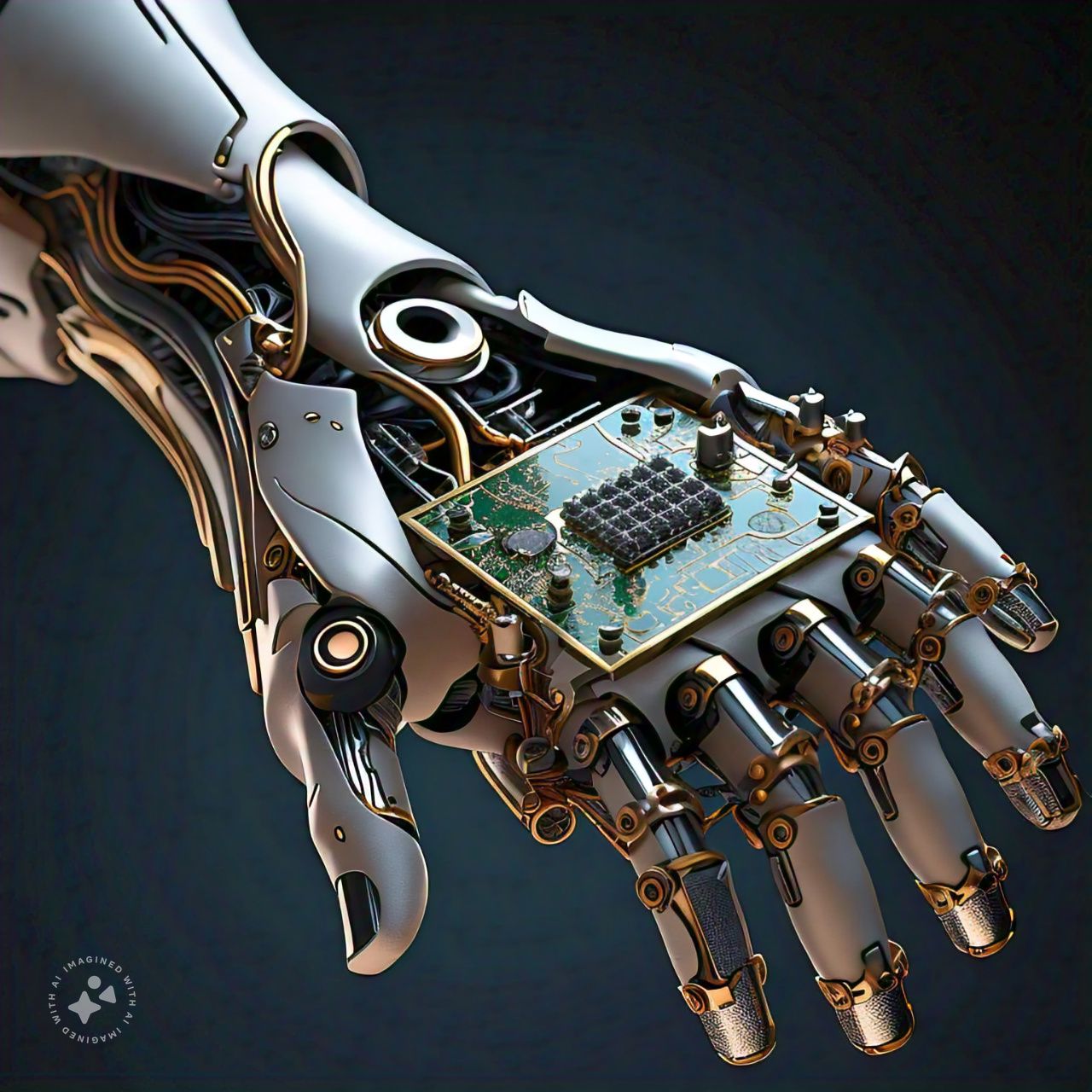




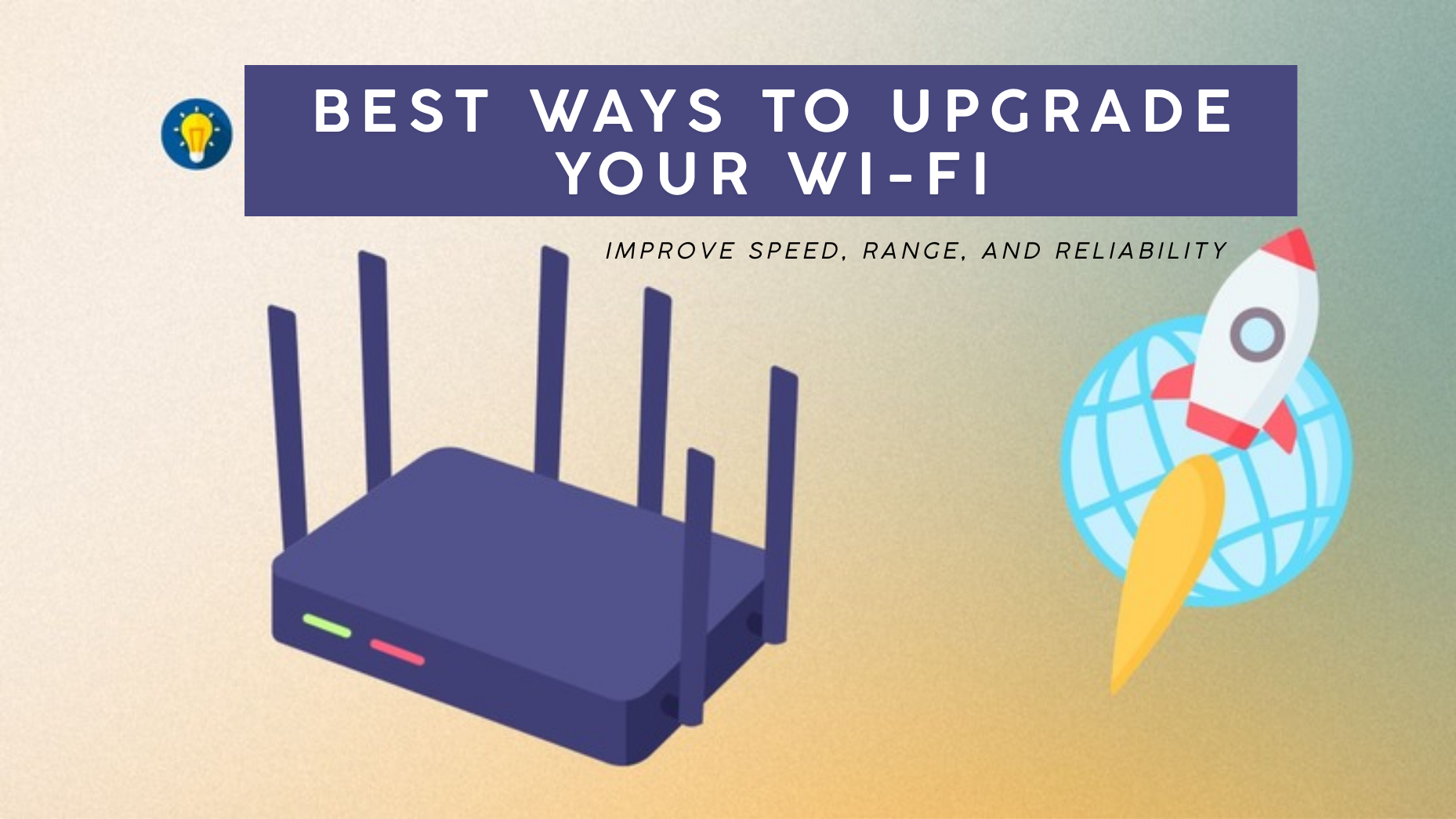
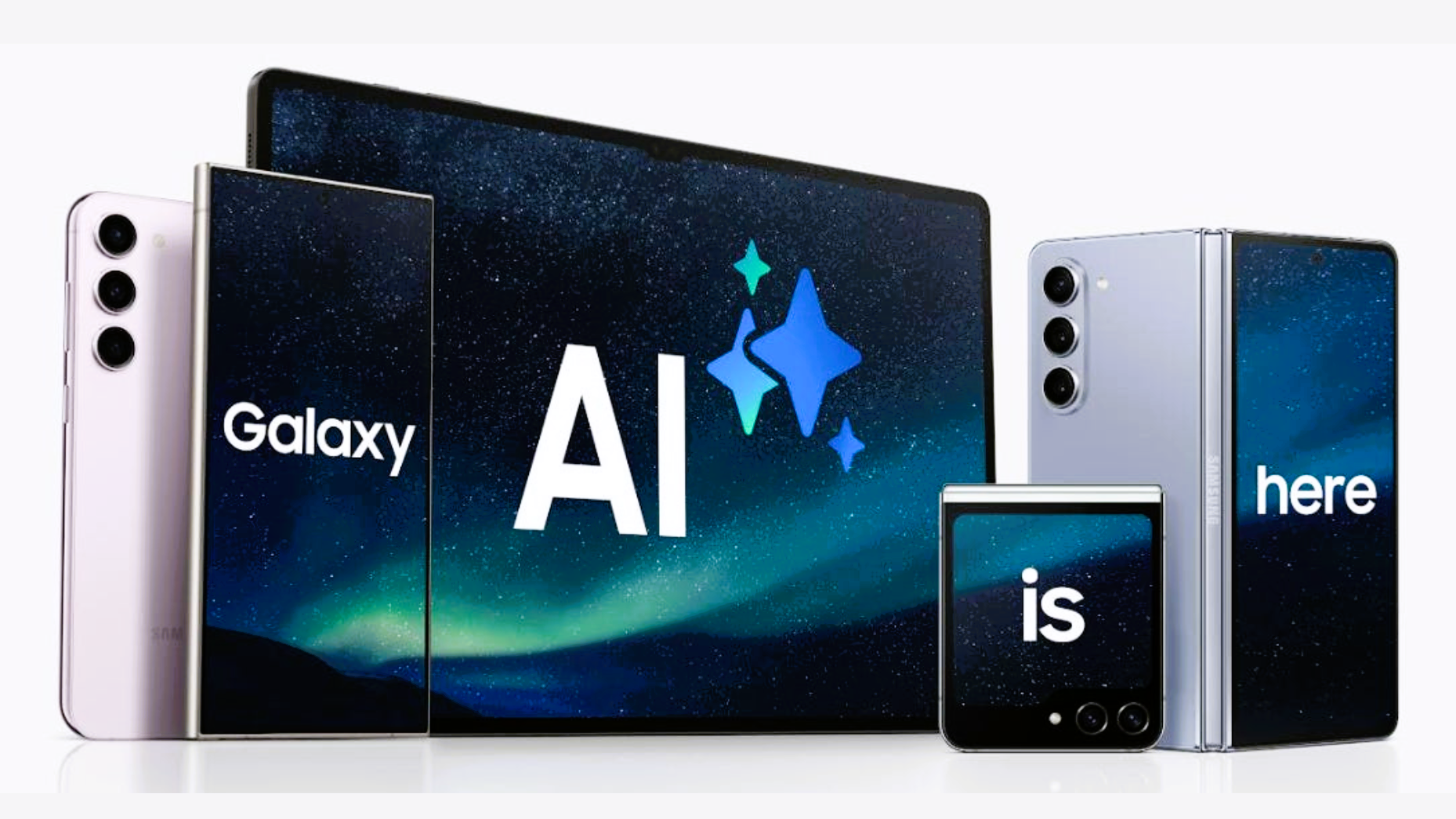


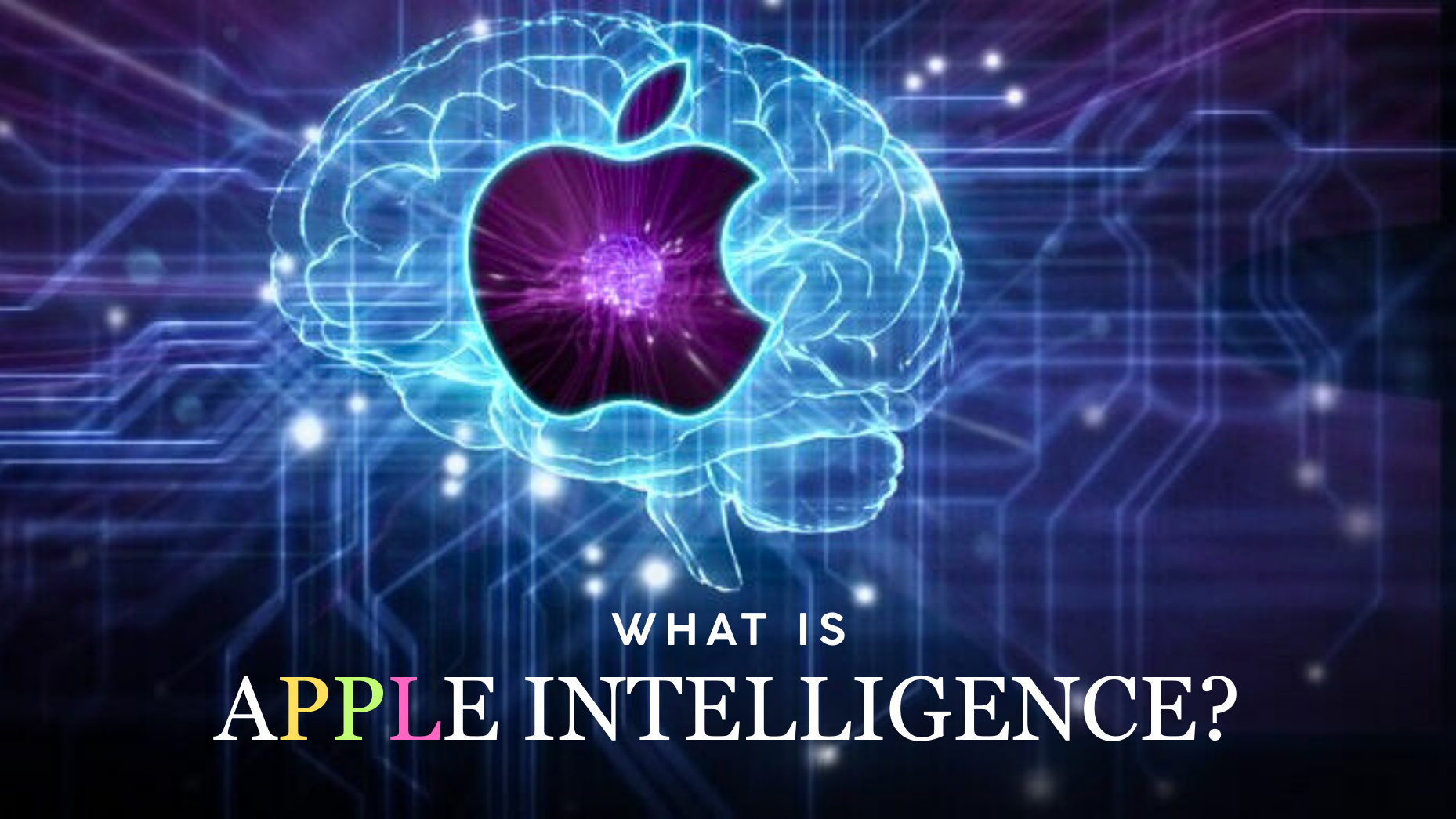
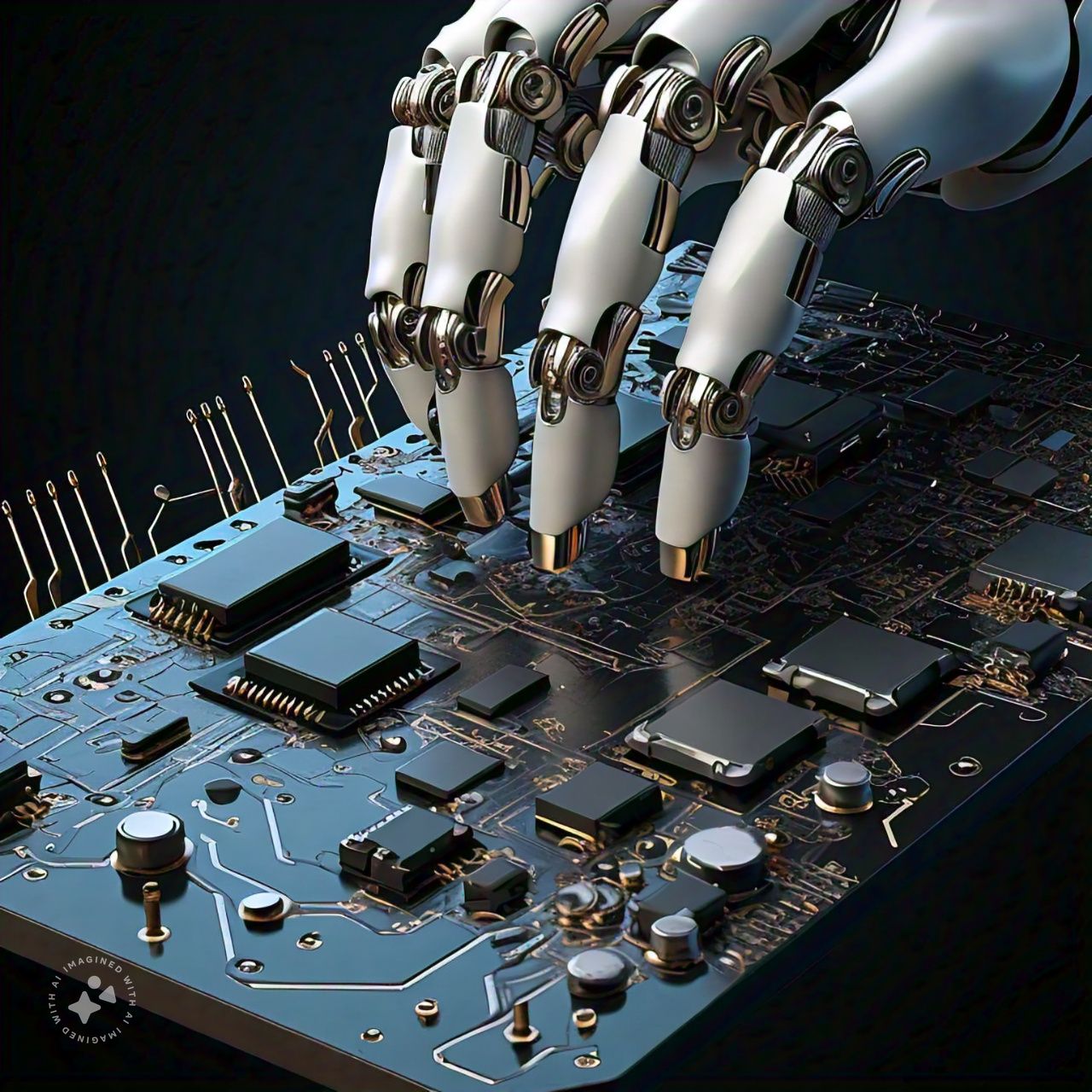
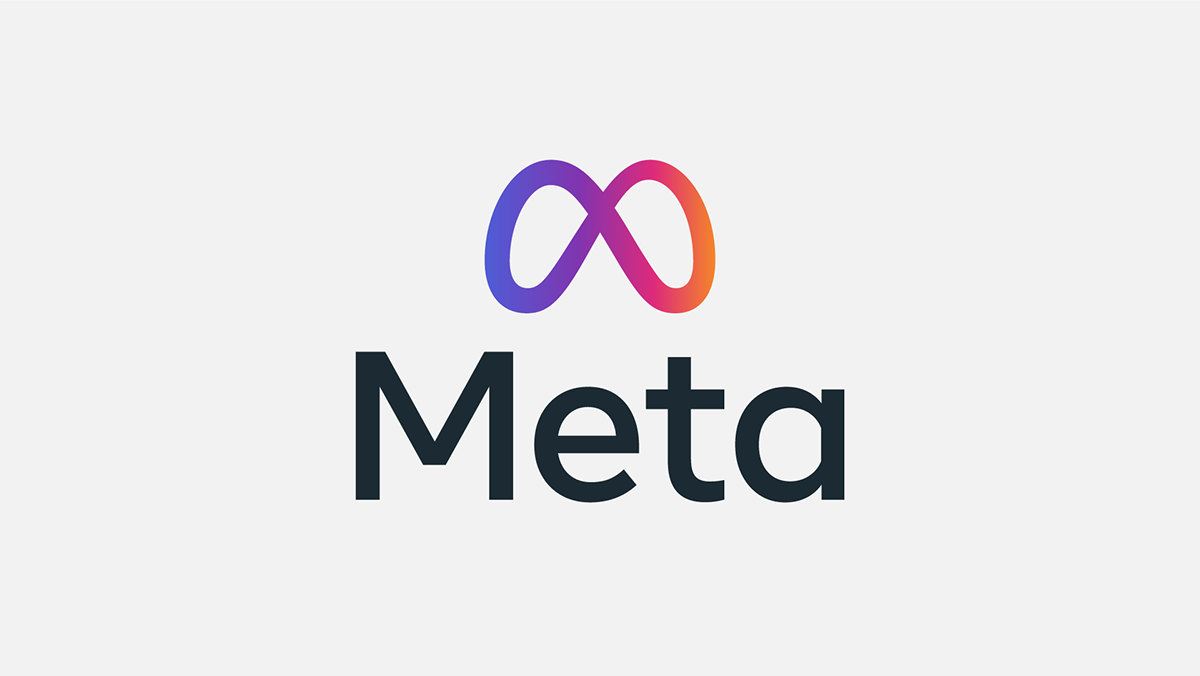
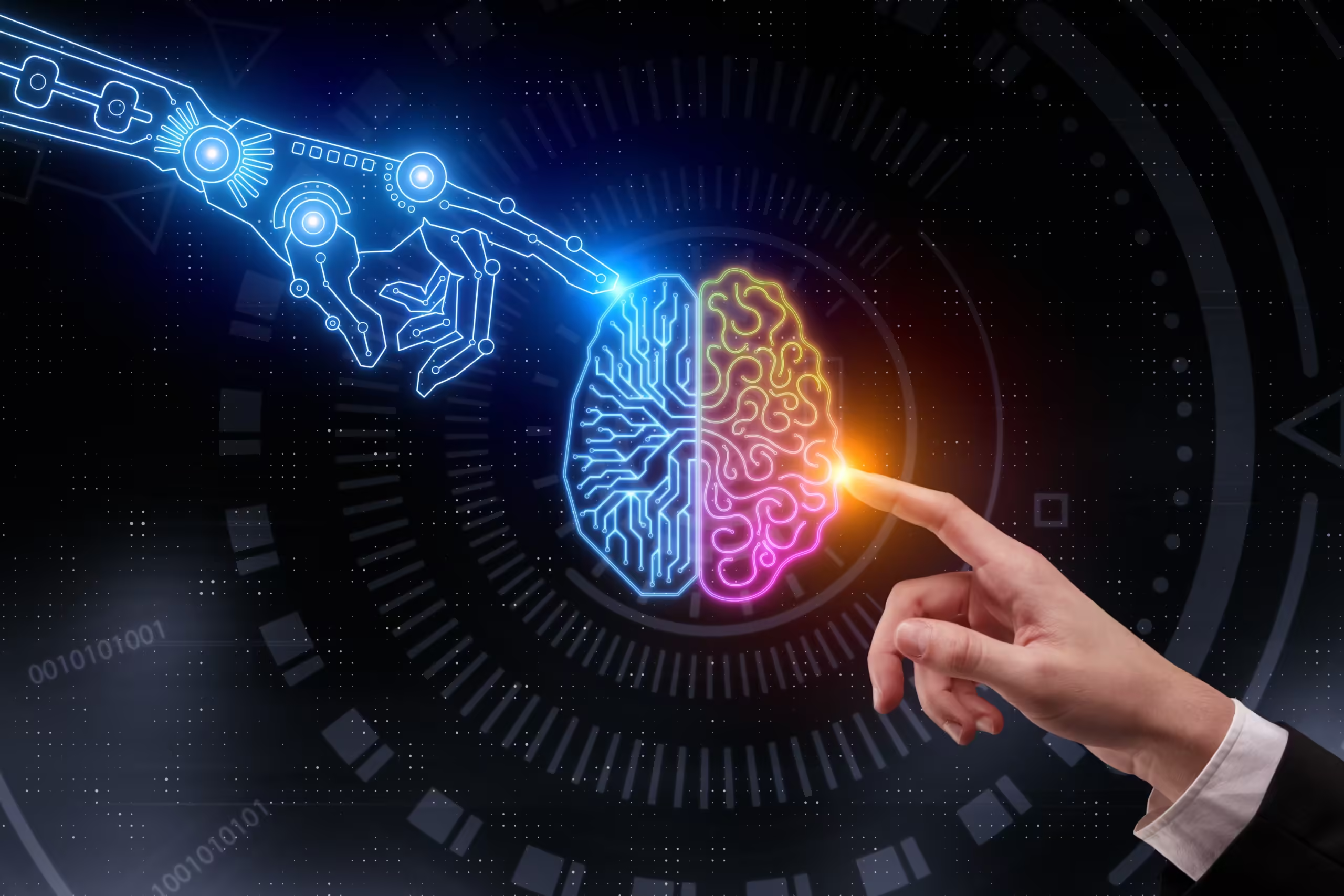
Leave a Reply